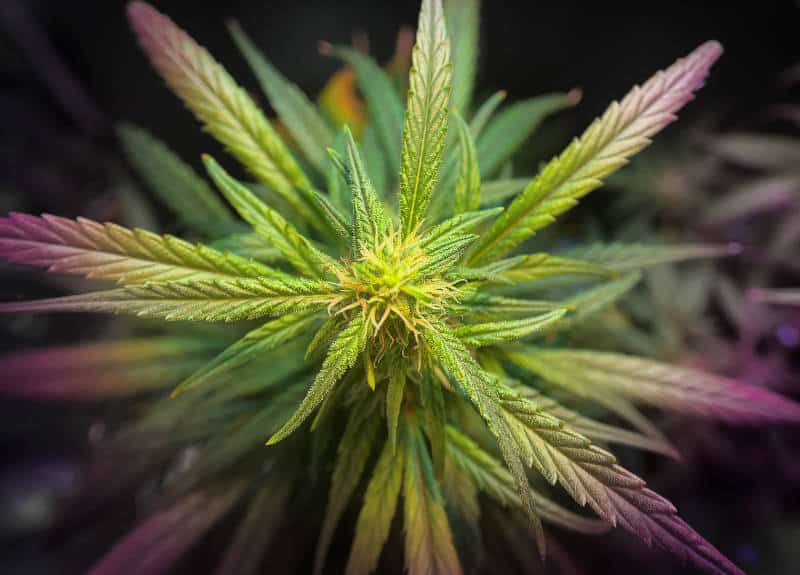Legal Landscape of Cannabis: State and Federal Regulations
Cannabis, once widely stigmatized, is now gaining acceptance and recognition for its potential medical and recreational benefits. However, navigating the legal landscape of cannabis can be complex due to differing state and federal regulations. This article aims to provide an overview of the legal status of cannabis, the variations in state and federal laws, and the implications for individuals and businesses involved in the cannabis industry.
State vs. Federal Regulations
The legal status of cannabis is a patchwork of state and federal regulations. While some states have decriminalized or legalized cannabis for medical and/or recreational use, the federal government continues to classify it as a Schedule I controlled substance under the Controlled Substances Act (CSA). This classification means that, according to federal law, cannabis is considered to have a high potential for abuse and no accepted medical use.
State Regulations: As of my last update in September 2021, more than 30 states had legalized medical cannabis, and several others had decriminalized or legalized recreational use. Each state has its own set of laws and regulations regarding cannabis cultivation, distribution, and possession, as well as patient eligibility for medical cannabis programs.
Federal Regulations: At the federal level, cannabis remains illegal, regardless of state laws. This creates a conflict between state and federal regulations, leading to various challenges and uncertainties for cannabis businesses and consumers.
The Cole Memo and the Rohrabacher-Blumenauer Amendment
In 2013, the U.S. Department of Justice issued the Cole Memo, which outlined priorities for federal enforcement in states with legalized cannabis. The memo directed federal resources away from prosecuting state-legal cannabis operations as long as they complied with certain guidelines, such as preventing distribution to minors and preventing revenue from going to criminal enterprises.
Similarly, the Rohrabacher-Blumenauer Amendment, also known as the Rohrabacher-Farr Amendment, was a budgetary provision that prohibited the use of federal funds to interfere with state medical cannabis laws. This amendment offered some protection to medical cannabis businesses and patients from federal prosecution.
However, both the Cole Memo and the Rohrabacher-Blumenauer Amendment were not permanent laws and relied on annual budget renewals. They provided limited protection and did not address the broader conflict between state and federal regulations.
Implications for the Cannabis Industry
The conflicting state and federal regulations have several implications for the cannabis industry:
Banking Challenges: Cannabis businesses face significant challenges when it comes to banking. Many financial institutions are hesitant to work with cannabis businesses due to federal regulations, resulting in a predominantly cash-based industry.
Interstate Commerce Restrictions: Cannabis businesses are restricted from engaging in interstate commerce due to federal regulations. Each state operates as a separate market, making it challenging for businesses to expand beyond state lines.
Taxation Issues: Cannabis businesses are subject to Section 280E of the Internal Revenue Code, which prohibits deductions for businesses engaged in the trafficking of controlled substances. This results in higher tax burdens for cannabis businesses.
Limited Research Opportunities: Federal restrictions on cannabis hinder scientific research on its potential medical benefits and risks. The Schedule I classification makes it difficult for researchers to access cannabis for clinical studies.
Legal Risks: Despite state legalization, cannabis businesses and consumers still face legal risks, as federal law enforcement agencies can enforce federal cannabis laws in states where it remains illegal.
Recent Developments and Future Outlook
The legal landscape of cannabis is continually evolving. In recent years, there have been some notable developments that may signal potential changes in federal regulations.
The SAFE Banking Act has gained bipartisan support and aims to provide a safe harbor for financial institutions to work with cannabis businesses. If passed, it could alleviate banking challenges and improve the financial infrastructure of the cannabis industry.
Additionally, there is growing momentum for federal cannabis legalization or at least rescheduling cannabis under the CSA. Several bills have been introduced in Congress to address the conflict between state and federal regulations.
However, the future outlook remains uncertain. Federal legalization or significant changes to cannabis regulations may depend on political dynamics and public opinion.
The legal landscape of cannabis is a complex interplay of state and federal regulations. While some states have legalized cannabis for medical and/or recreational use, it remains illegal at the federal level. This conflict has significant implications for the cannabis industry, including banking challenges, limited research opportunities, and legal risks. Recent developments, such as the SAFE Banking Act and growing support for federal cannabis legalization, offer potential solutions and signal a changing landscape. However, until federal laws are reformed, individuals and businesses involved in the cannabis industry must navigate carefully within the boundaries of state regulations while being aware of the ongoing federal restrictions.
Please always follow all Oklahoma Laws when obtaining any cannabis, and always purchase from an OMMA licensed dispensary. If you have any questions please come to any Fire Leaf Dispensary in the Oklahoma City area including Norman and Guthrie.





